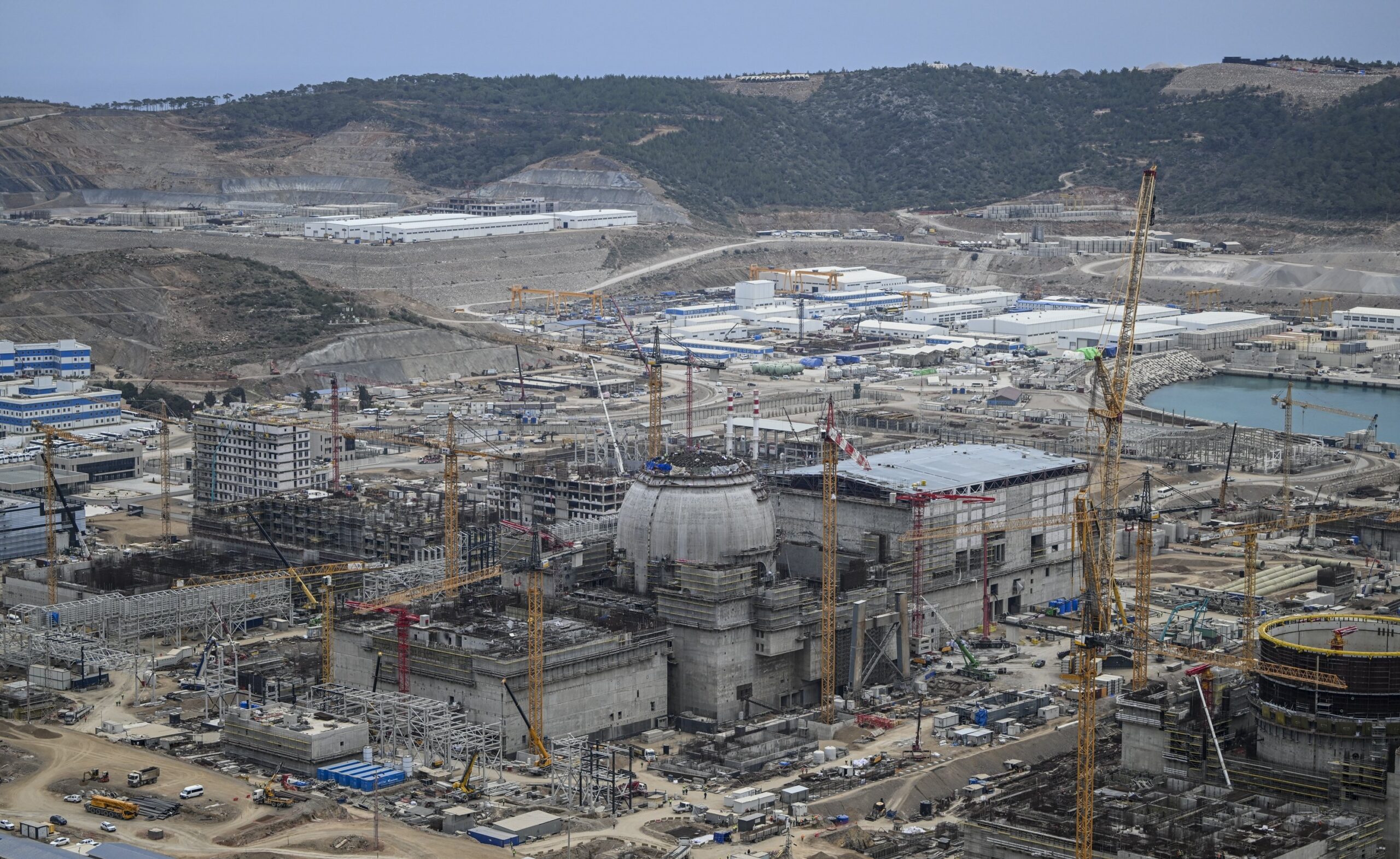Cyprus and Lithuania raised concerns over the construction of nuclear power plants in Turkey and Belarus during the EU Transport, Telecommunications and Energy Council.
The interventions were made during the discussion on any other business, while the main issue on the agenda was the reform of the EU’s electricity market design.
Permanent secretary of the Ministry of Energy, Commerce and Industry, Marios Panayides, represented Cyprus.
On the construction and expected operation of the Akkuyu nuclear power plant, Panayides said its located in an earthquake-prone area close to Cyprus.
He said there is no communication between the Cypriot and the Turkish authorities regarding nuclear safety issues.
Nicosia is calling on the Commission to encourage Turkey to align its legislation with EU law on nuclear safety and accede immediately to the relevant international conventions.
Panayides called for transparency, exchange of information and close monitoring of the implementation of stress tests and relevant recommendations to Turkey to ensure nuclear safety per the highest international standards.
According to the government, Cyprus’ intervention received broad support from Member States.
Lithuania also raised the issue of operating a second nuclear power plant in Belarus.
The European Commission assured Cyprus and Lithuania that it attaches utmost importance to nuclear safety and closely monitors issues concerning the two nuclear power plants in question.
The main issue discussed during the Council was the proposal for a regulation on wholesale energy market integrity and transparency (REMIT) as a part of a wider reform of the EU’s electricity market design.
The REMIT proposal aims to support open and fair competition in the European wholesale energy markets by banning trading based on inside information and deterring market manipulation.
The remaining parts of the reform, which aim to make electricity prices less dependent on volatile fossil fuel prices, shield consumers from price spikes, accelerate the deployment of renewable energies, and improve consumer protection, will be agreed upon later.
Panayides thanked the Swedish Presidency of the Council for including specific provisions that recognise the particularities of Cyprus’ electricity distribution system due to its energy isolation.
He also supported suggestions for applying a cap on revenues from sub-regional technologies and more flexibility for member states to activate in an energy crisis.










